Indoor air quality is an important aspect of maintaining a healthy and comfortable home or workplace environment. Poor air quality can lead to a variety of health problems, including respiratory issues, allergies, and headaches, according to the CDC. Unfortunately, according to Our World in Data, air pollution has been linked to approximately 11.65% of deaths in 2019. Investing in an indoor air quality system can help mitigate these issues and provide a range of benefits from increased productivity to improved overall health.
Allergy Reduction
An indoor air quality system is crucial for reducing allergies in your home. These systems can filter out allergens such as dust, pollen, and pet dander. By removing these irritants from the air, you can breathe easier and reduce the likelihood of experiencing allergy symptoms.
Respiratory Problem Reduction
Indoor air quality systems reduce respiratory problems caused by poor air quality. These systems can filter out harmful pollutants and allergens that can trigger asthma and other respiratory conditions. By improving the air quality in your home or workplace, you can reduce the risk of respiratory problems and improve overall health and well-being.
Increased Productivity
An indoor air quality system is important for increased productivity in the workplace. Poor air quality can lead to health issues such as headaches, fatigue, and respiratory problems, which can decrease productivity and increase absenteeism. By improving the air quality, you can provide your employees with a healthier work environment, which may lead to increased productivity and a better bottom line for the company.
Headache Prevention
Indoor air pollution can cause headaches and migraines due to the presence of volatile organic compounds (VOCs) and other harmful particles, according to the EPA. An indoor air quality system can help remove these pollutants and improve the air quality in your residence or workplace. By reducing exposure to these irritants, you can prevent headaches and improve your overall health and well-being.
Pollutant Removal
Indoor air quality systems are essential for removing pollutants from the air. These pollutants can include dust, pet dander, mold spores, and other allergens that can cause respiratory problems in sensitive individuals. By removing these pollutants, indoor air quality systems can help improve the overall health and well-being of those who live or work in the building.
Bacteria and Virus Removal
An indoor air quality system is important for removing bacteria and viruses from the air. These microorganisms can cause illnesses and infections, especially in individuals with weakened immune systems. By using air filters and purifiers, an indoor air quality system can effectively remove harmful bacteria and viruses, creating a healthier environment for occupants.
Carbon Dioxide Reduction
Carbon dioxide reduction is a crucial aspect of maintaining good indoor air quality. High levels of carbon dioxide can cause drowsiness and headaches and even affect cognitive function, according to the National Institutes of Health. An indoor air quality system can help reduce carbon dioxide levels by increasing ventilation and introducing fresh air into the space, creating a healthier and more comfortable environment for occupants.
Radon Reduction
Radon is a naturally appearing radioactive gas that seeps into buildings through fissures in the foundation or walls. It can be especially dangerous in buildings with poor ventilation. An indoor air quality system can help reduce radon levels by increasing ventilation and filtering the air. This can help protect the health of those living in the home and reduce the risk of lung cancer.
Improved Sleep Quality
Indoor air quality plays a significant role in determining the quality of sleep you get. According to IAQ. Works, poor air quality can lead to respiratory problems, allergies, and other health issues that can disrupt your sleep. An indoor air quality system can help remove pollutants and allergens from the air, ensuring that you breathe clean and fresh air, leading to better sleep quality.
Improved Overall Health
An indoor air quality system is crucial for improved overall health. Poor indoor air quality can lead to respiratory problems, allergies, and other health issues, according to the CDC. With an effective air filtration system, harmful pollutants and allergens can be removed from the air, creating a healthier living environment for everyone.
In conclusion, investing in an
indoor air quality system can have numerous benefits for both residential and commercial settings. From improving air quality to reducing energy costs, these systems can provide a range of advantages for occupants. By choosing the right system and maintaining it properly, individuals can enjoy a healthier and more comfortable environment. To learn more about indoor air quality or to get a quote on a system, call AC1 Heating and Cooling today!

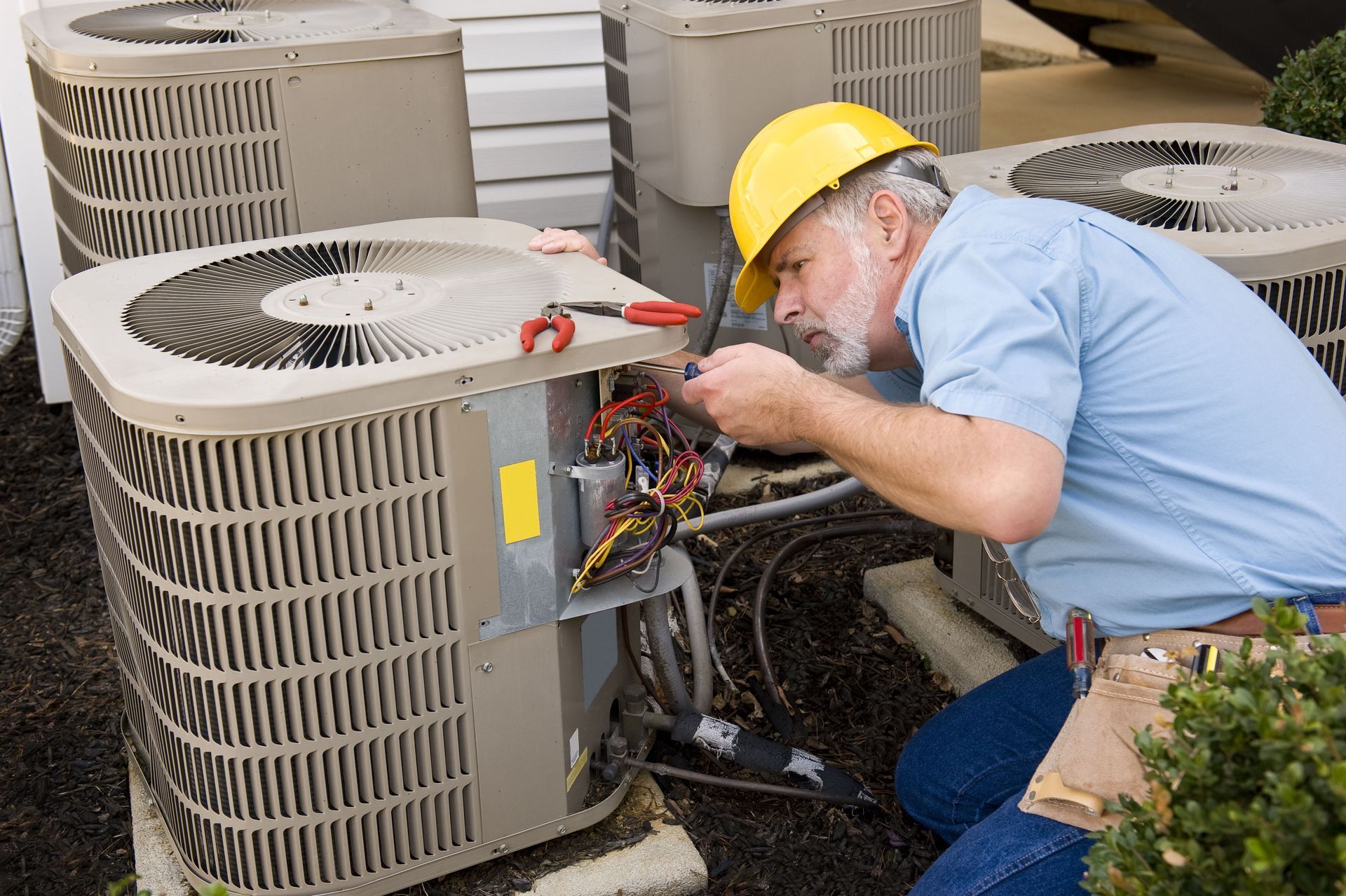
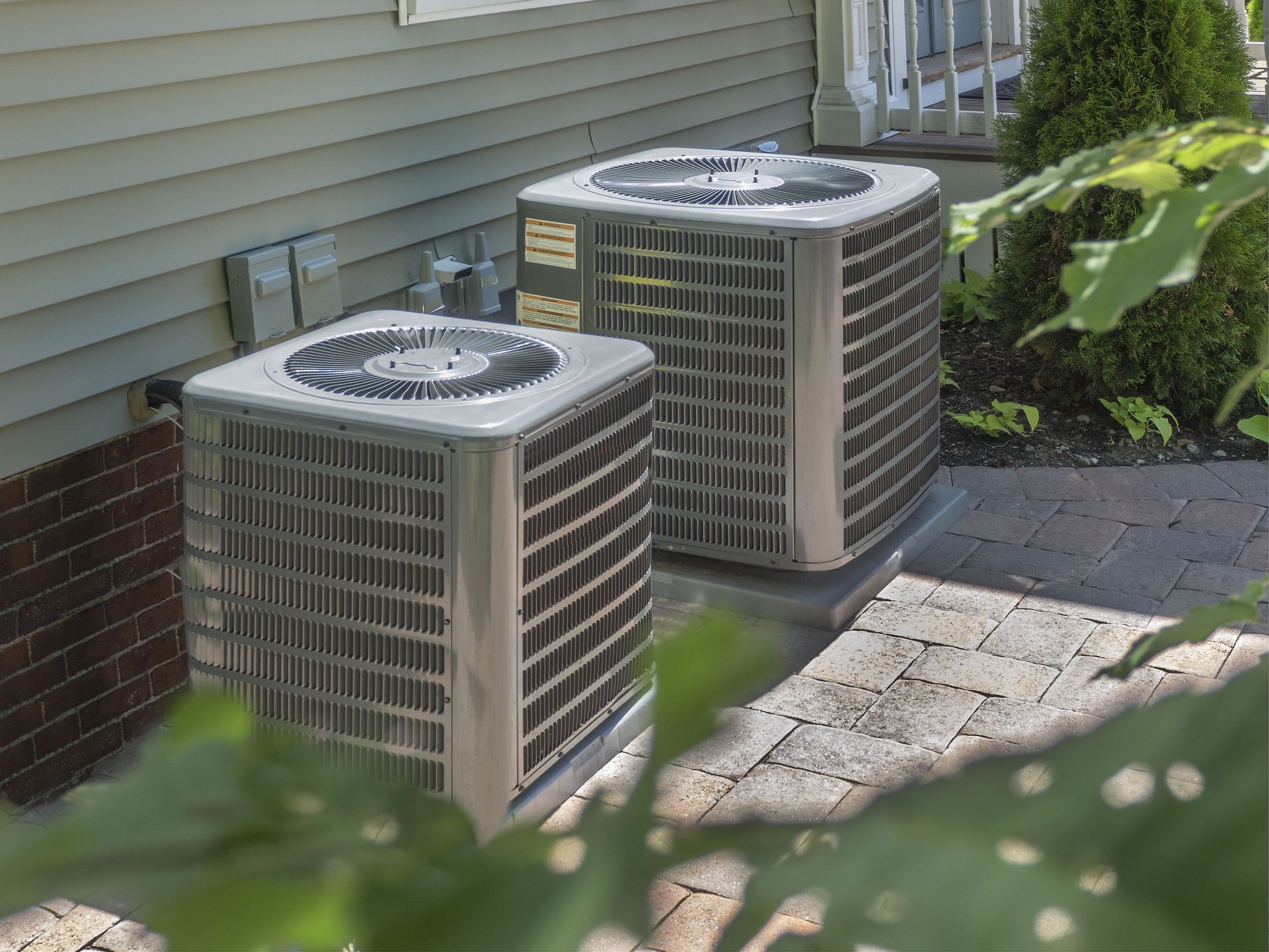
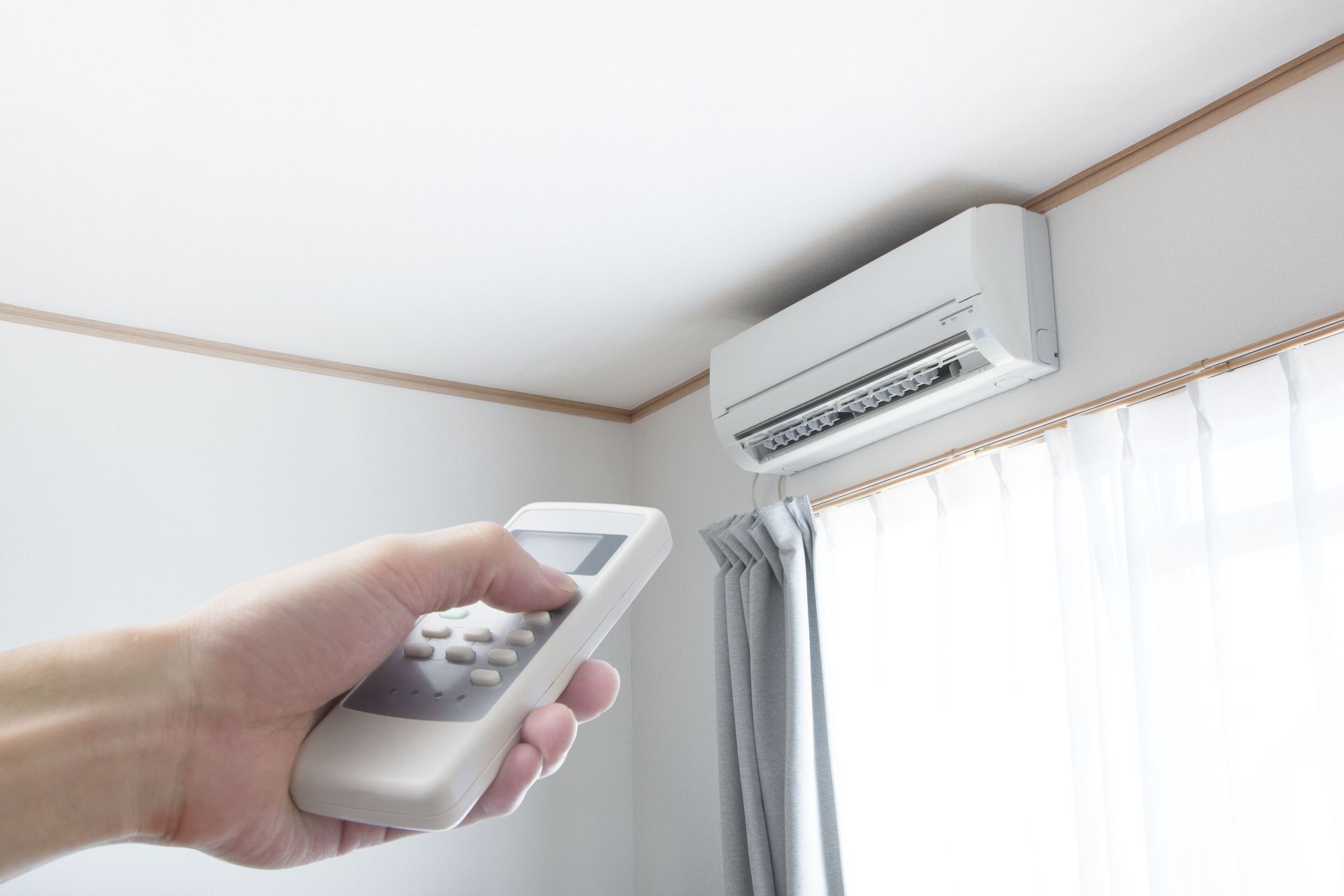
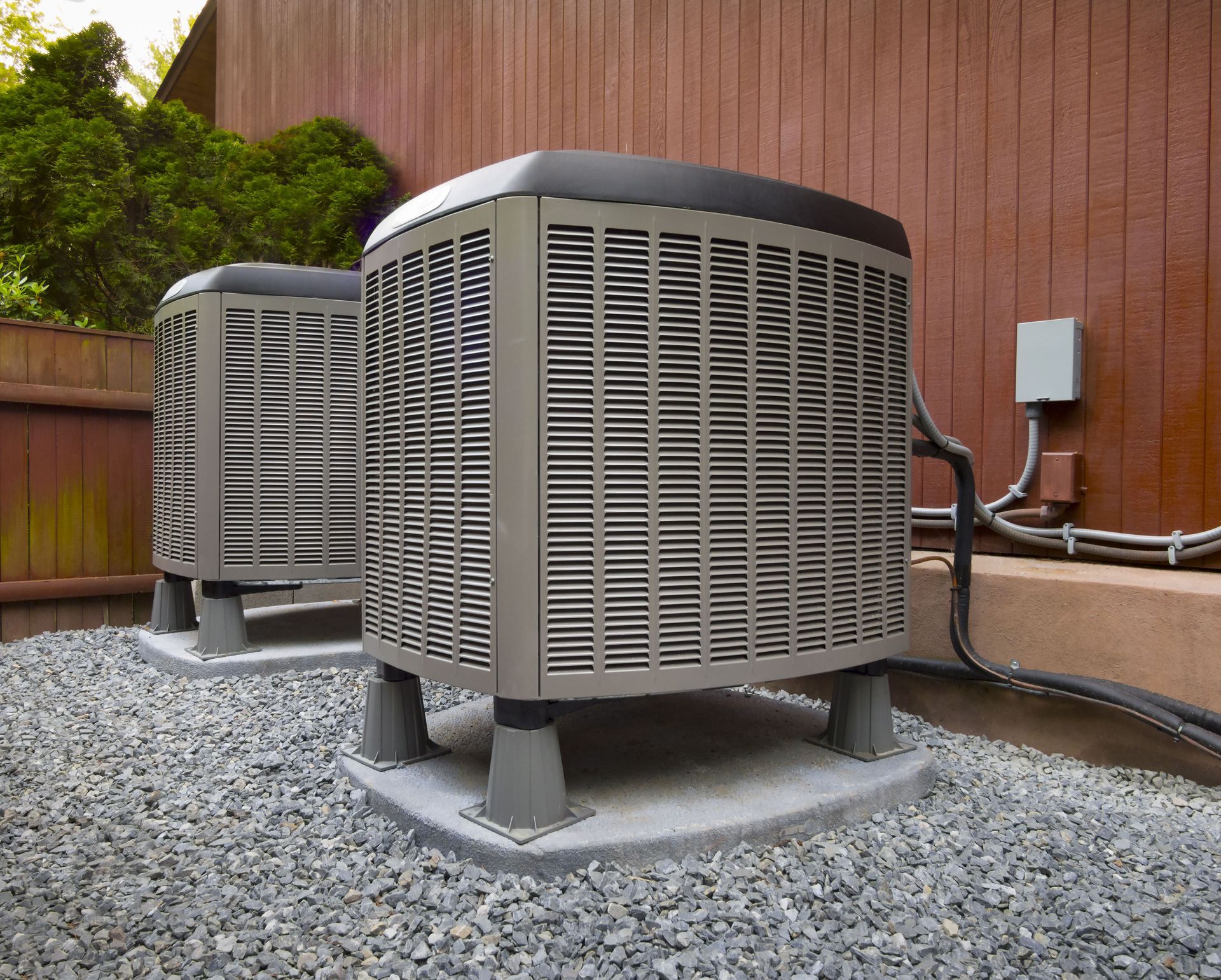

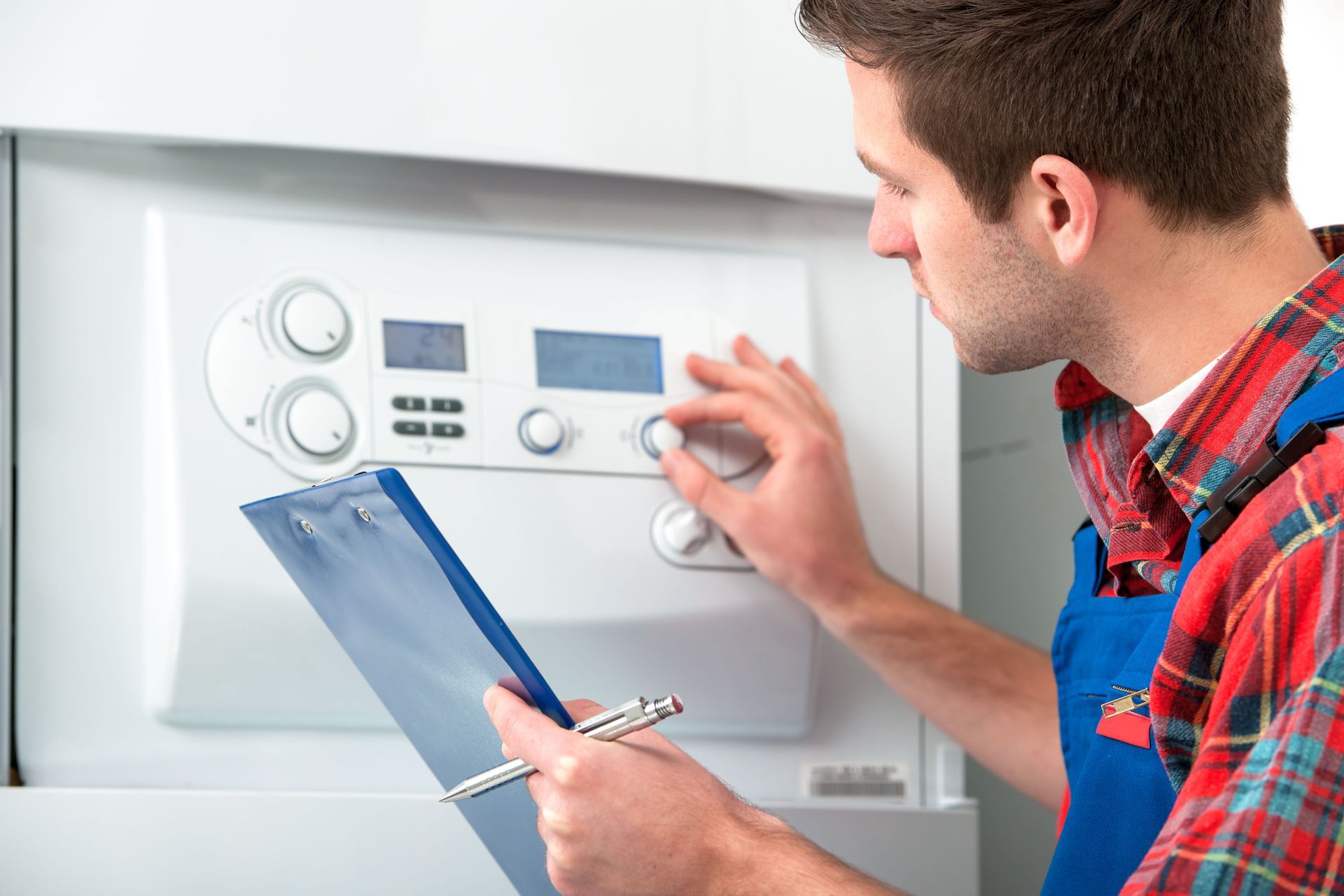
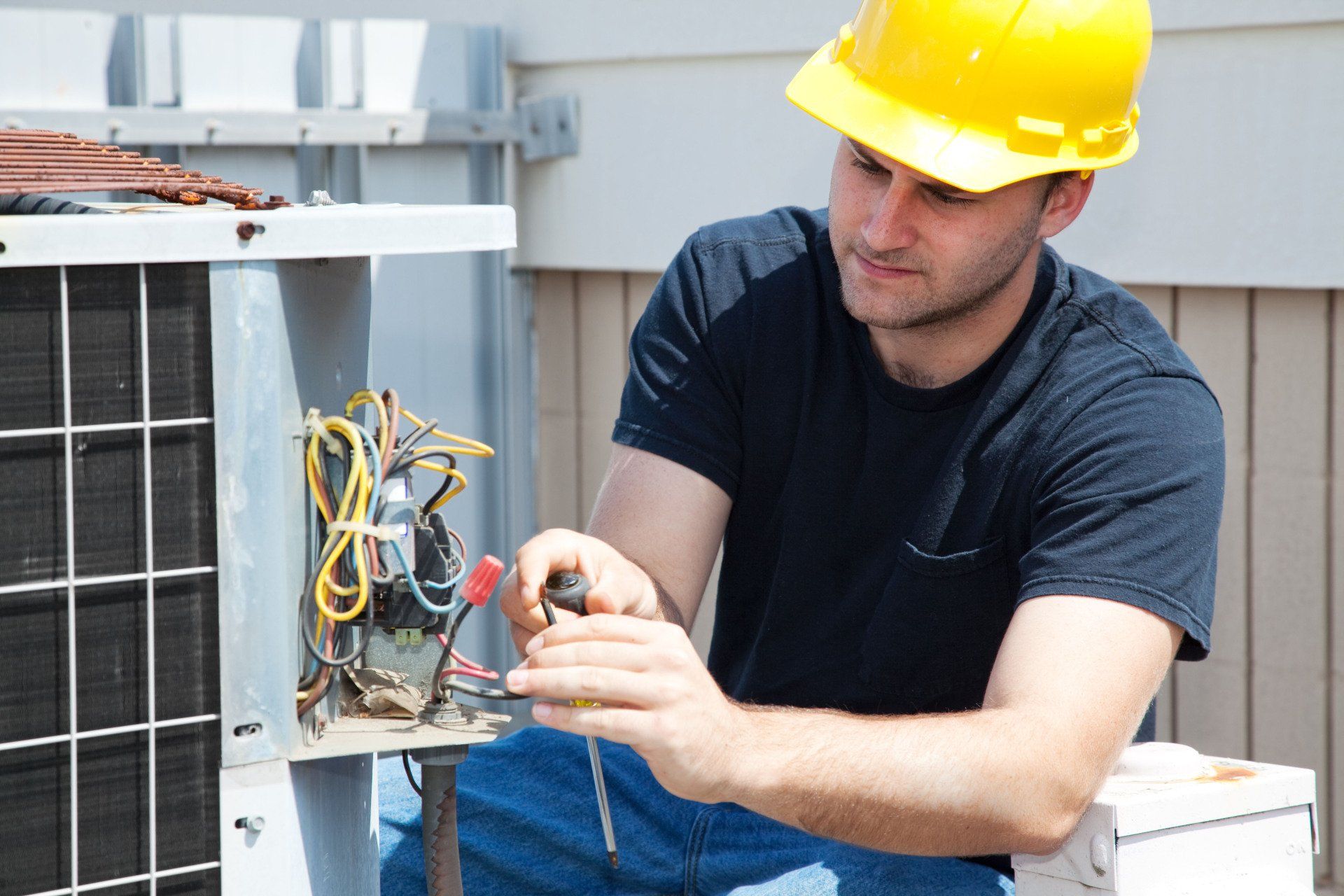
Share On: